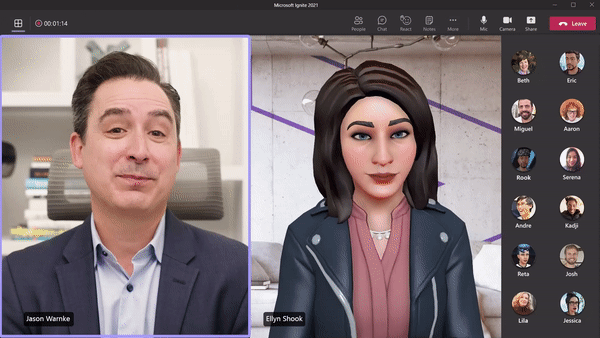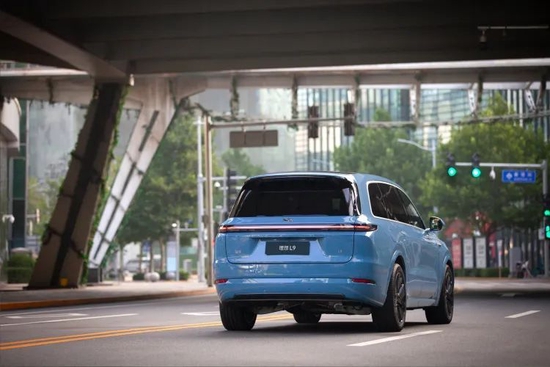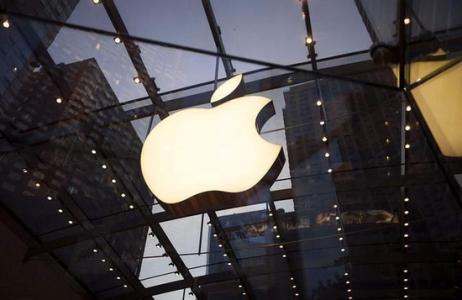your current location is:Home > Finance > depthHomedepth
Zuckerberg continues All in Metaverse: Billions of people scale things won't be built overnight
On the occasion of the October 11 release of a new generation of VR (virtual reality) headsets, Meta CEO Mark Zuckerberg gave an interview to the media, once again explaining his current plans and thoughts on building the Metaverse.
Shares of Meta are down about 60% this year. Low-priority projects across the company are being cancelled, and hiring is starting to freeze. At the same time, its attempts to build hardware and software for the Metaverse are losing billions of dollars a year, and executives have struggled to convince even their own employees to use its flagship VR platform, Horizon Worlds.
As Meta's recent negative news emerges one after another, and more and more people are puzzled and disappointed by the utopian future it depicts, Zuckerberg is in urgent need of a response at this time. In the interview, he acknowledged the long-term nature of the Metaverse project and doesn't expect to make money in the next few years, but he still sees VR and AR headsets as the next major computing platforms and wants to be the one driving that shift . He also hinted that Meta will compete head-to-head with Apple in the future.
 Photo of the Connect conference scene: Getty
Photo of the Connect conference scene: GettyAt the Connect conference held on the 11th, Meta released a new generation of VR headset Quest Pro. The device offers some hardware and experience improvements over the company's previously released Quest 2, but it's not revolutionary yet, and costs a whopping $1,499. Zuckerberg said the product is mainly aimed at the office scene.
 Microsoft Teams in Meta Quest VR Image Credit: Meta
Microsoft Teams in Meta Quest VR Image Credit: MetaAt the same time, Meta announced a software partnership with Microsoft to bring Microsoft's Teams, Office, Windows, and even Xbox cloud games to Meta's VR devices. It also echoes what Zuckerberg said in the interview, "The overall strategy is not to make money on hardware, but to make it help grow the ecosystem."
 3D Avatars in Microsoft Teams Image Credit: Microsoft
3D Avatars in Microsoft Teams Image Credit: Microsoft"Ensuring Open Ecosystems Win Again"
In an exclusive interview with technology media The Verge, Zuckerberg said that Apple's unannounced VR/AR platform could be worse for consumers because it will be a "closed ecosystem", while praising Meta's The system is "open".
“In every generation of computing I’ve seen so far — PCs, mobile devices — there’s basically an open ecosystem, a closed ecosystem.” As examples, he cites Windows vs. macOS and Android vs. iOS. He warns that closed ecosystems give most of the value and profits they generate to platform owners, in stark contrast to open ecosystems where more people (and companies, of course) can share "Benefits of Creation".
Zuckerberg has made this clear to employees before, telling them that Meta is in a "very deep philosophical competition" with Apple about building the future of the Metaverse.
“I think Apple takes about 80% of the profits, and in countries like the U.S., I think they have 60% market share and growing. So I think the closed ecosystem does win in mobile. But with the Over time, I think that's going to be reset in the next generation of computing. Our goal, and how we're going to get there, is not only to help build an open ecosystem with all the other companies, but to make sure that in this generation of computing, Open ecosystems win again," Zuckerberg said.
Unlike Meta's focus on developing the VR track, Apple is expected to focus its business on AR (augmented reality). According to current reports, patent filings and released code, hundreds of Apple employees are gearing up to build two separate hardware platforms that will run an Apple operating system called reality OS, the first being a headset and the third The second is glasses. The headset is expected to be released next year.
Building the Essence of Next-Generation Computing: Presence
“Quest 2运行得非常好,我们在混合现实(XR)、增强现实、神经接口等方面的很多研究,我认为都是行业领先的。所以我对我们正在做的事情感到非常兴奋。但是这东西也不是一年甚至两三年就能完全成熟的。构建下一个计算平台需要很长时间。”扎克伯格说。
在扎克伯格看来,构建下一代计算的本质是更专注于人并传递某种临场感(presence),即让你感觉自己就在另一个人身边。
Quest Pro与Quest 2不同,它在头戴式设备中安装了传感器,不仅可以跟踪眼睛移动位置,还可以跟踪面部表情。
“面部表情追踪很关键,因为它说明了我们为什么要参与其中。也就是说,我们真正专注于VR和AR提供这种临场感的潜力。就像,当你使用手机或进行Zoom通话时,你可以了解他们周围的一些背景,但你的大脑不会幻想你和他们在一起,你显然知道你在另一个房间。VR的魔力在于,它基本上可以立即让你的大脑相信你在另一个地方,并且和那里的人在一起。”扎克伯格解释说。
对于数字化身,扎克伯格认为,当你看到化身时,即使它们还不是逼真的富有表现力的化身,也会有非常丰富的临场感,比在Zoom通话中感觉更好。
“对我来说,这就是它的主要价值:基本上是感觉和传递这种临场感的能力。”扎克伯格说,“我们接下来要实现的更多的是准确的面部表情和眼神交流的能力,这也是非常强大的,是今天在视频通话中无法做到的。这就像你看某人的眼睛,而不是在看摄像头。”
在这次Connect大会上,扎克伯格展示了新的元宇宙虚拟形象,相较之前遭群嘲的旧版虚拟形象,新形象面部表情更加丰富,还“长出”了双腿。
对于Quest Pro的具体应用前景,扎克伯格说,“我确实认为,随着我们开发并继续构建Quest Pro系列,它将能够做几乎所有事情。所以我认为这只是开发下一个计算平台的另一个大载体。”
扎克伯格描绘出一幅场景,你可以坐在办公桌前,将工作站与三台巨大的显示器搭配起来,可以看到面前的物理键盘和物理鼠标,同时,也可以控制实际上并不存在的数字监视器。
Regarding privacy issues, Zuckerberg also responded in the interview, "Facial sensing data remains on the device, we do not send raw data to the application."
Software and service based business model
"I think the overall strategy is not to make money on hardware, but to make it help grow the ecosystem. Then, over time, the business model will be based on software and services." On the widely debated Metaverse business model question, Zuckerberg said, "We're not trying to profit off the price of the device. Our whole approach as a company is to make these tools accessible to as many people as possible, and then, over time, through this way to build a better ecosystem.”
This also explains why Quest 2 sales are strong, but its related Reality Labs business unit is still loss-making. While Meta now dominates the VR industry, with about 88 percent of the global hardware market in the first half of this year, the Reality Labs business unit, which includes VR, accounted for just 2 percent of the company's total revenue during the same period, according to IDC. The unit also lost nearly $5.8 billion in the first half of the year.
The New York Times recently revealed that many Meta employees hadn’t bought VR headsets until this year, or had not had time to configure them, to fulfill Zuckerberg’s request for them to meet in Horizon Workrooms, people familiar with the matter said. . Meta launched Horizon Workrooms in 2021, and Quest 2 is required to use Horizon Workrooms.
However, the cooperation with Microsoft may give Meta an opportunity to leverage on the software level. "People will be able to join Teams meetings directly from Workrooms," Zuckerberg said during Connect. "We think this cross-device, cross-screen experience will be the foundation of the future of virtual offices."
This virtual office of the future isn't just about meetings, Microsoft is bringing Windows 365 to Quest, as well as 2D versions of its Office apps through its Progressive Web Apps (PWA) technology. Gaming-wise, Xbox Cloud Gaming will also be present on Meta's headset.
 Xbox cloud gaming in Quest Image credit: Meta
Xbox cloud gaming in Quest Image credit: MetaThe two sides will play to their respective strengths, with Microsoft getting the chance to bring Teams and other productivity tools to the Metaverse entry VR headset, and Meta gaining a key partner in its grand Metaverse initiative. This is the largest collaboration between Microsoft and Meta in nearly a decade. The last time we had this level of cooperation was the deep integration of Facebook in Windows Phone more than a decade ago.
 Microsoft Teams in VR Image Credit: Microsoft
Microsoft Teams in VR Image Credit: MicrosoftBased on these collaborations, Zuckerberg said in an interview that he should be patient with the metaverse: "I don't think if you want to build something that scales to billions of people, it's not going to happen overnight."
related articles
Article Comments (0)
- This article has not received comments yet, hurry up and grab the first frame~












